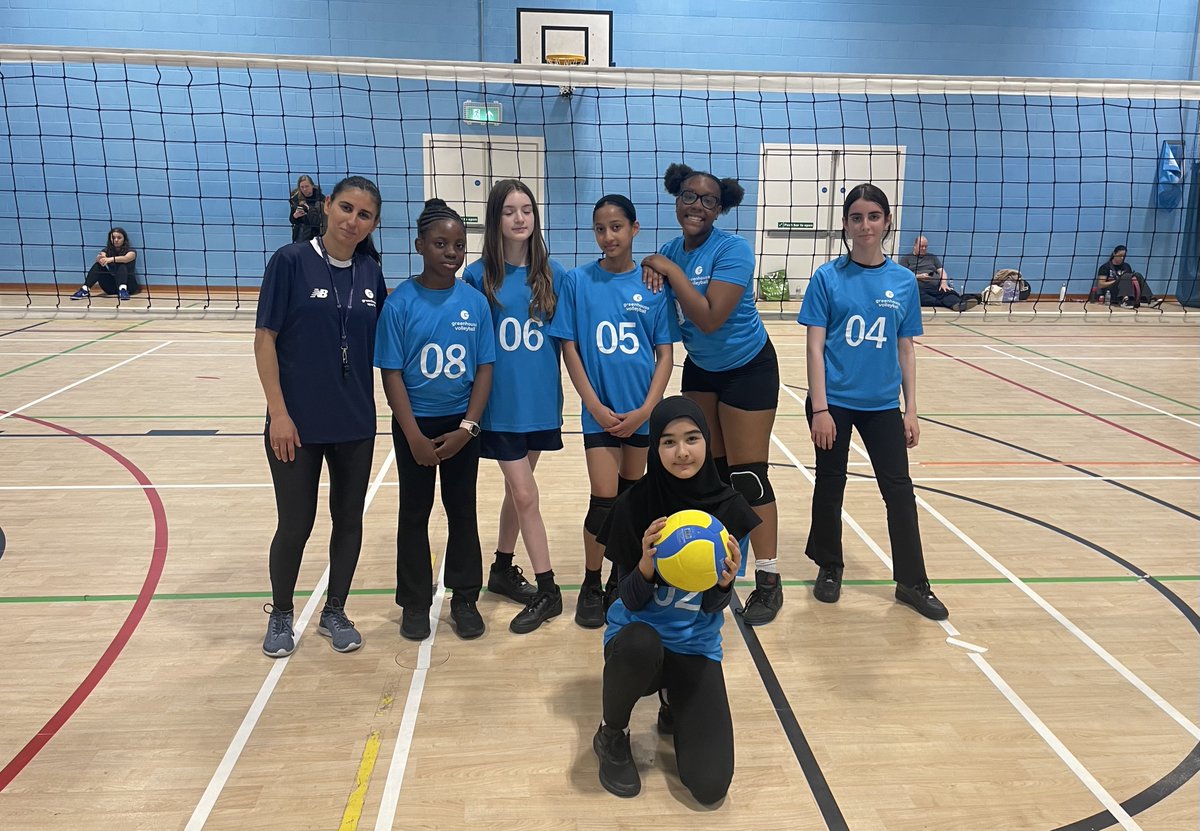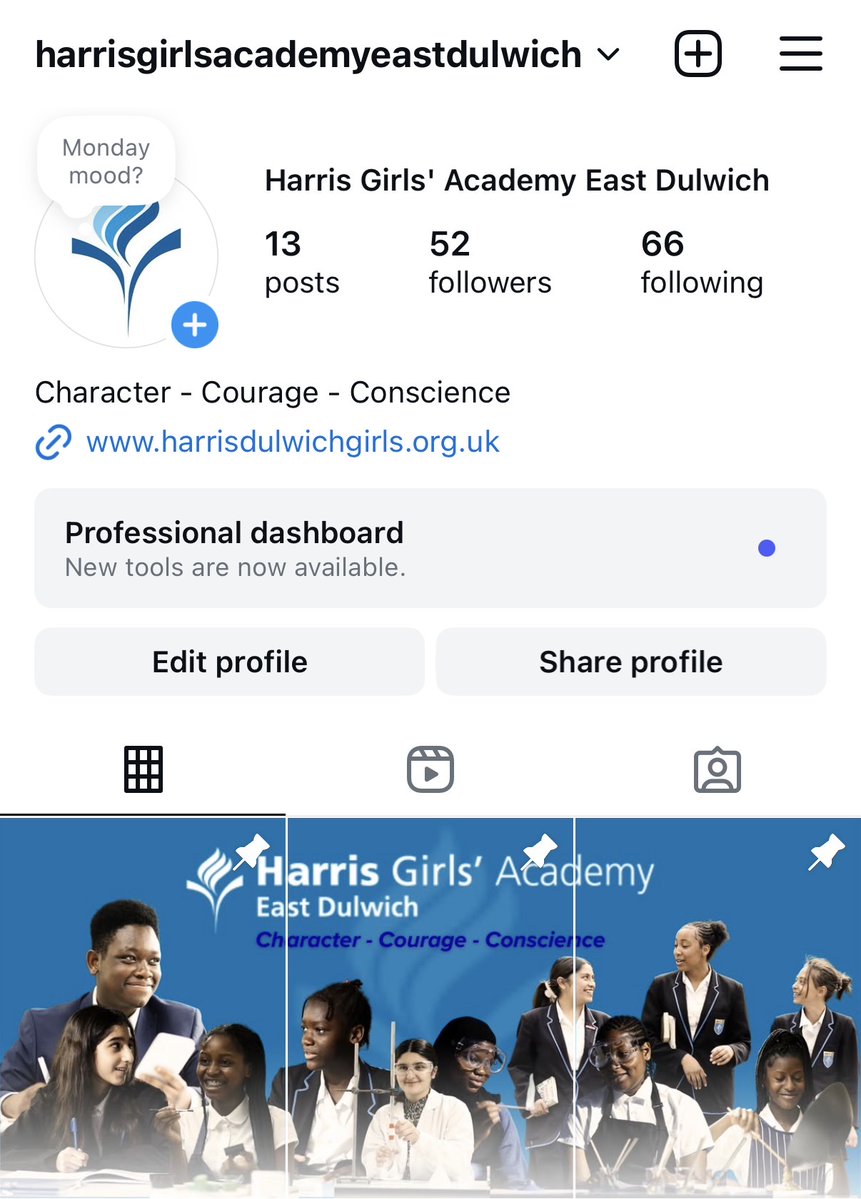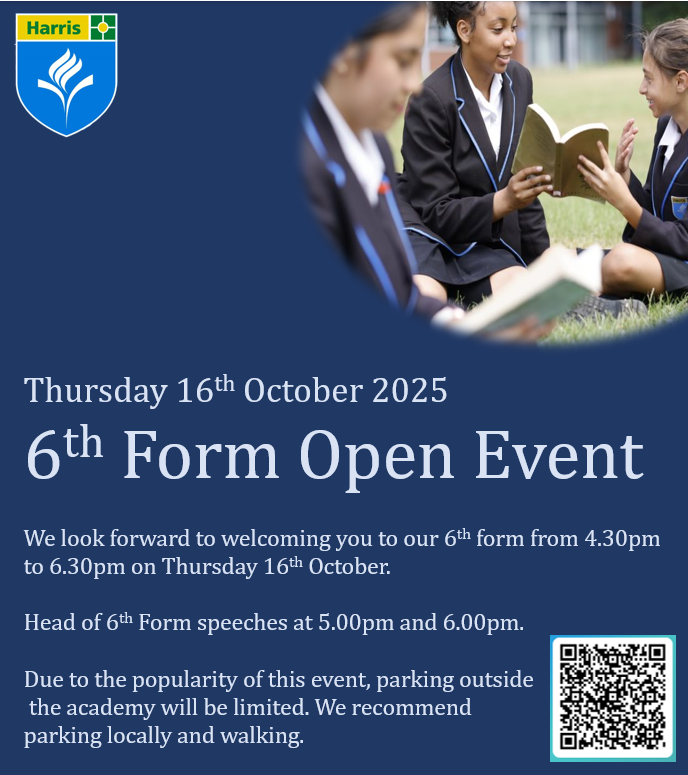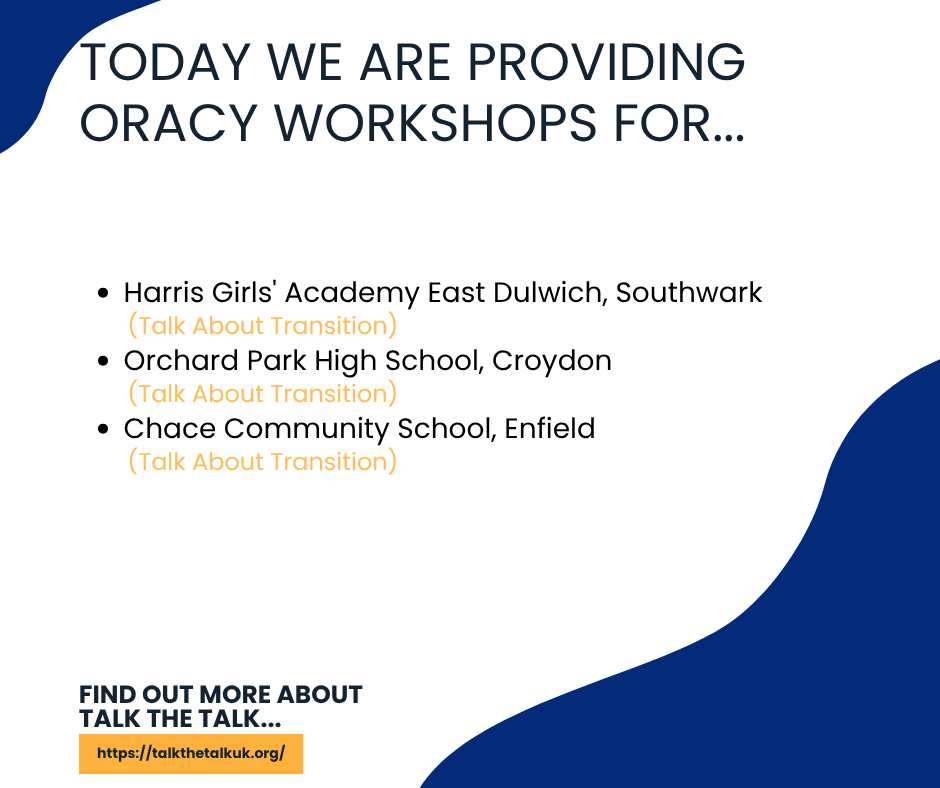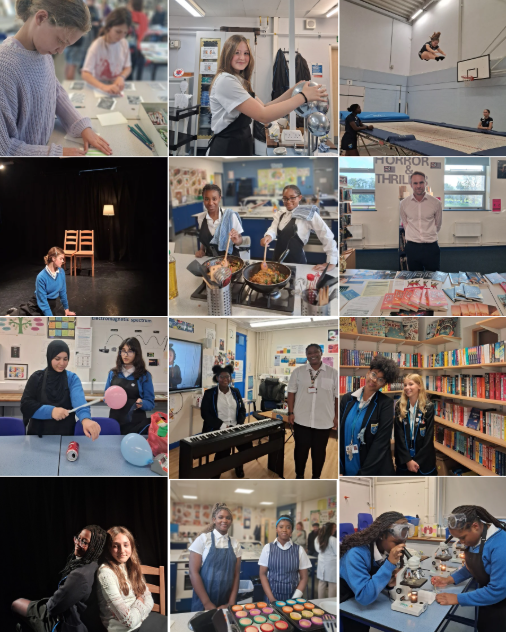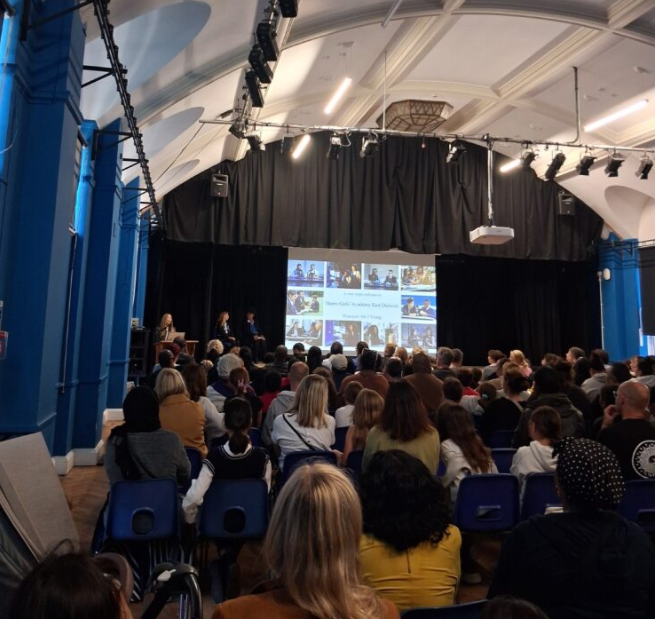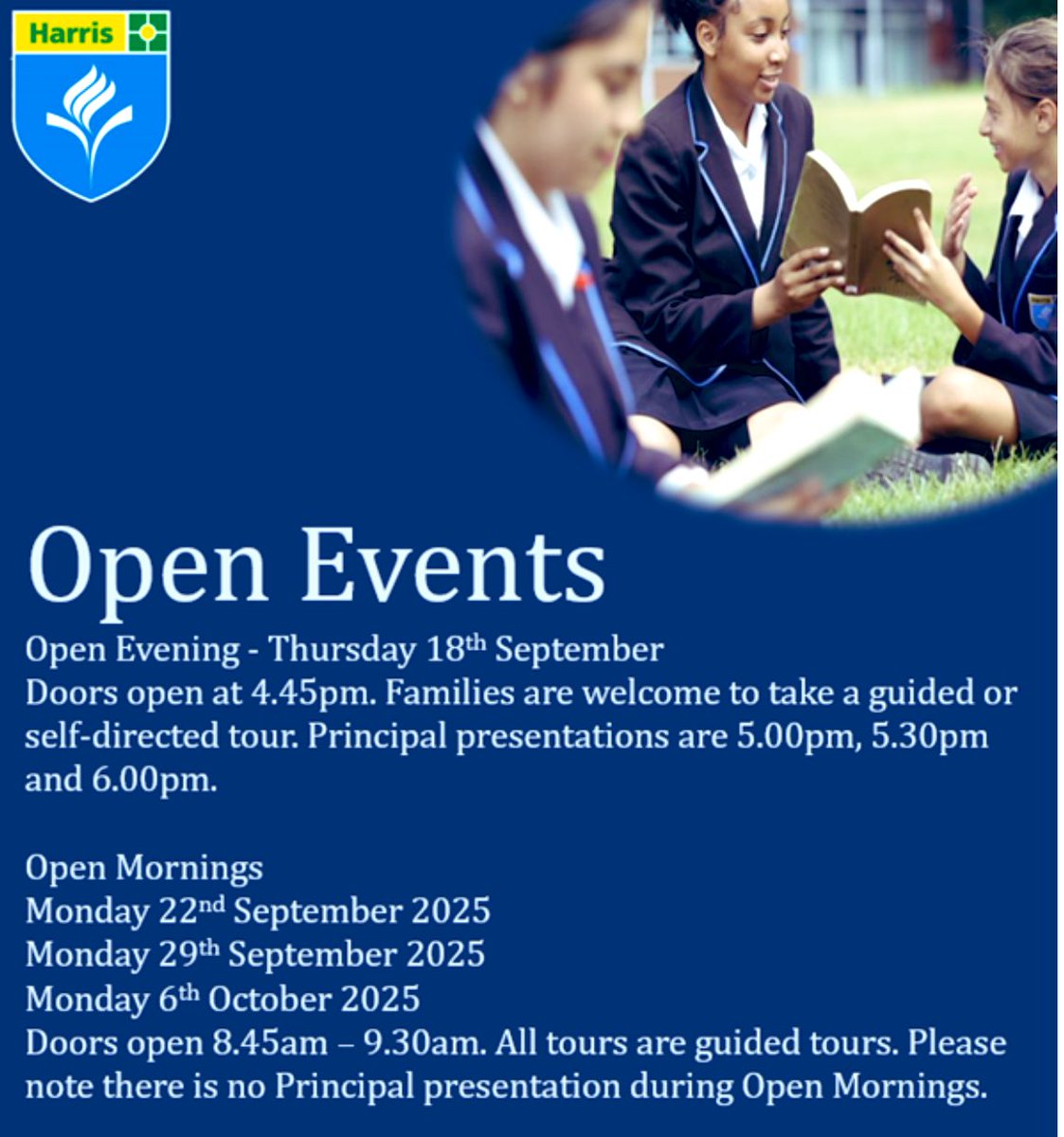
SEN & Disabilities
All students have the right to achieve their maximum academic and social potential. At the Academy we believe that all students should access the full curriculum offer and not experience any narrowing of subjects available based on their profile of need.
To do this we ensure that learning is always appropriately scaffolded, and teachers are supported in how to do this effectively without diminishing the level of challenge and richness of learning opportunities. This ensures strong progress is made by all.
What is SEND?
SEND stands for special educational needs and disabilities. Special educational needs and disabilities (SEND) can affect a child or young person’s ability to learn. They can affect their:
- behaviour or ability to socialise, for example they struggle to make friends
- reading and writing, for example because they have dyslexia
- ability to understand things, concentration levels or physical ability
If a child or young person is identified as having SEND they may be entitled to additional support.
Our vision
The inclusion department seeks to support and empower SEND students at the Academy to grow and develop on their own personal learning journey. Our provision and support aims to remove barriers, build confidence and resilience and provide challenge and support for academic and personal growth.
- Click HERE to see our inclusion parent support leaflet.
Our students will:
- Thrive and make strong progress across their different subject areas
- Grow to be independent learners who can self-manage
- Experience personal growth and build academic and social resilience
- Have the confidence to formulate and express ideas and opinions
- Experience making a positive contribution to the academy community
Our SEND Curriculum Principles:
- To support the transition of SEND students from primary to secondary, KS3 to KS4 and beyond Year 11
- To support the progress of SEND students to achieve beyond initial expectations
- To support SEND students to maximise learning in lessons
- To provide additional learning opportunities for literacy and numeracy
- To ensure barriers to examinations are reduced through effective access arrangements
- To provide targeted intervention through in-class support, pastoral support, interventions, enrichment and mentoring
- To support SEND students to become confident individuals through enrichment, community events and participation with SEND student voice
- To prepare students for life beyond the Academy via a diverse array of social and communication interventions
- To instil self-worth and a strong sense of how to safeguard themselves and others
The inclusion team
The SENCo is: Ms Davis m.davis@harrisdulwichgirls.org.uk
The Assistant SENCo is: Ms Hummerstone k.hummerstone@harrisdulwichgirls.org.uk
Vice Principal with oversight for Inclusion: Tom Grocott t.grocott@harrisdulwichgirls.org.uk
SEN Consultant for the Harris Federation: Ms Karen Sitch
The SEND Governor: Dulcie Daly
We have a team of internal teaching assistants and behaviour support staff.
Advice will always be sought from external agencies regarding strategies to best meet the specific needs of a student. This will only be undertaken after consultation with the parent and may include referral to:
- Speech and Language Service – let’s Talk autism
- Southwark Educational Psychologist Team
- Southwark Hearing Impairment team
- Southwark Visual Impairment team
- Counselling Service
- Child & Adolescent Mental Health Service
- Social Services
- Youth Services
- Specialists in other Academies e.g. Teaching Schools, Special Schools
Provision and interventions
All support from the SEND department will be offered in line with the child or young person’s individual need. We have a range of interventions which are implemented to ensure every child has the best chance of achieving success.
The Waves of Intervention Model
The 'Waves of Intervention' model (national Strategies) describes how different levels of intervention can be understood and systematically implemented.
Wave 1 (Universal): describes quality inclusive teaching which takes into account the learning needs of all the children in the classroom. This includes providing differentiated work and creating an inclusive learning environment.
 Wave 2 (Targeted): describes specific, additional and time-limited interventions provided for some children who need help to accelerate their progress to enable them to work at or above age-related expectations. Wave 2 interventions are often targeted at a group of pupils with similar needs.
Wave 2 (Targeted): describes specific, additional and time-limited interventions provided for some children who need help to accelerate their progress to enable them to work at or above age-related expectations. Wave 2 interventions are often targeted at a group of pupils with similar needs.
Wave 3 (Specialist): describes targeted provision for a minority of children where it is necessary to provide highly tailored intervention to accelerate progress or enable children to achieve their potential. This may include specialist interventions.
English as an additional language (EAL)
Students with EAL are students who speak English as an additional language. They may be fluent in English, not speak English at all or have a level of English anywhere between. They may have achieved high academic levels in another system or have no experience of school at all. They may have been born in this country or abroad. They may have arrived in Britain voluntarily as part of an organised move or may have fled traumatic experiences at short notice.
Special educational needs and gifted and talented students
The Academy recognises that most EAL students needing support with their English language development do not have SEND needs. However, should SEND needs be identified during assessment, EAL students will have equal access to SEND provision. Similarly, the Academy recognises that there may be EAL students who are More Able even though they may not be fully fluent in English. EAL and SEND staff will work together to ensure a co-ordinated approach where any of the above applies.
The English as an Additional Language Department (EAL) offers provision for students whose first language is one other than English.
Students’ levels range from New to English (A) to Fluent (E), necessitating preparation of individual programmes. On arrival, EAL students are assessed using EAL Assessment package (speaking and listening assessment, reading, and writing tests) on Flash Academy. Each student is considered individually, and once assessed; they join an appropriate EAL pathway. All students attending EAL intervention programmes are assessed each half term, they complete a summative assessment of reading and/or writing as well as speaking and/or listening assessment. All the assessments are designed by the EAL Co-ordinator and based on the topics covered during the intervention sessions. Additionally, the formative assessment of each student takes place daily in their withdrawal EAL session.
All the EAL support programmes’ goal is to facilitate smooth integration into mainstream subjects, once students become more confident and proficient in English.
With greater proficiency, students’ EAL programmes become more specialised, often focusing more on subject-specific language. Lessons are then tailored to support comprehension and expression in the content areas, frequently in subjects in which students will sit external exams.
EAL withdrawal
KS3 students assessed to be at New to English (A) level (DfE levels) and at Early Acquisition (B) level receive weekly EAL withdrawal sessions (across subjects). In their EAL withdrawal sessions they follow an inspiring and up to date English language course aimed at developing their proficiency in English across all 4 language skills. The curriculum for the withdrawal sessions is based on New Enterprise language learning materials, supplemented by a myriad of targeted language learning resources, which help the learners develop their language competence through effective modelling, emphasis on communication, a focus on critical thinking and authentic language. The targeted students also engage in the independent learning at home through Flash Academy language learning software. Students also participate in weekly reading groups and conversation workshops to develop a sense of community and support networks.
EAL extra-curricular ppportunities
The EAL Department provides a range of extra- curricular opportunities for EAL students to benefit from. KS3 students are encouraged to attend an EAL conversation club. Additionally, the EAL Department organises cultural visits and trips (e.g. the west end to see Wicked!) to enrich students’ experience and further develop their overall language proficiency.
Facilities
Facilities include a teaching room, one of them equipped in computers available to students during breaks, lunches and before or after school for self-study. All EAL students can use the classroom as a base, which offers them a sense of continuity and identity and thus security. The EAL Department is also runs an EAL Social Club/Game Day half termly. All EAL students are welcome to attend these sessions, when they can play games, socialise and make friends in a supportive and friendly environment.
Further support and information
You may find the following organisations helpful too.
Southwark Local Authority provides full information and support around its local offer and attached services. See their website: http://localoffer.southwark.gov.uk. Telephone 020 7525 5000
The Southwark Information Advice and Support team (SIAS – formerly known as Parent Partnership) offers parents impartial support, training and advice on such topics as: Special Educational Needs; transition to secondary school; how to request an Education Health Care plan; understanding tribunals and SEND exclusions. Telephone: 0207 525 3104 sias@southwark.gov.uk
ADDISS The National Attention Deficit Disorder Information and Support Service provides information and resources about Attention Deficit Hyperactivity Disorder to parents, sufferers, teachers or health professionals. Telephone: 02089522800 www.addiss.co.uk
The ADHD Foundation supports achievement, educational attainment, mental health and employability. The Foundation works in partnership with those living with ADHD, enabling them to understand and manage ADHD. Telephone: 01512372661 www.adhdfoundation.org.uk
Southwark Autism Support is a project set up by The National Autistic Society to provide information, advice and support to the parents and carers of children and young people with an autistic spectrum disorder (ASD) living in Southwark. The service provides advice, information and suggestions to help with the behavioural, emotional and practical challenges that living with a child or young person with an ASD can present. Telephone: 020 7771 3491 Email: southwark@nas.org.uk
Dyslexia Association of London offers support and information to parents, teachers and adults on dyslexia/specific learning difficulties. It also offers a befriending service. Telephone: 020 8870 1407
Dyspraxia Foundation is for parents of a child with dyspraxia who want to talk with other parents/carers in the same position. Telephone: 01462454986 www.dyspraxiafoundation.org.uk Information: dyspraxia@dyspraxiafoundation.org.uk
For our code of practice and full SEND policy details, please visit our SEN and Disabilities page.
For further information on parental support, please see links to our parent support leaflet and overview of support.

